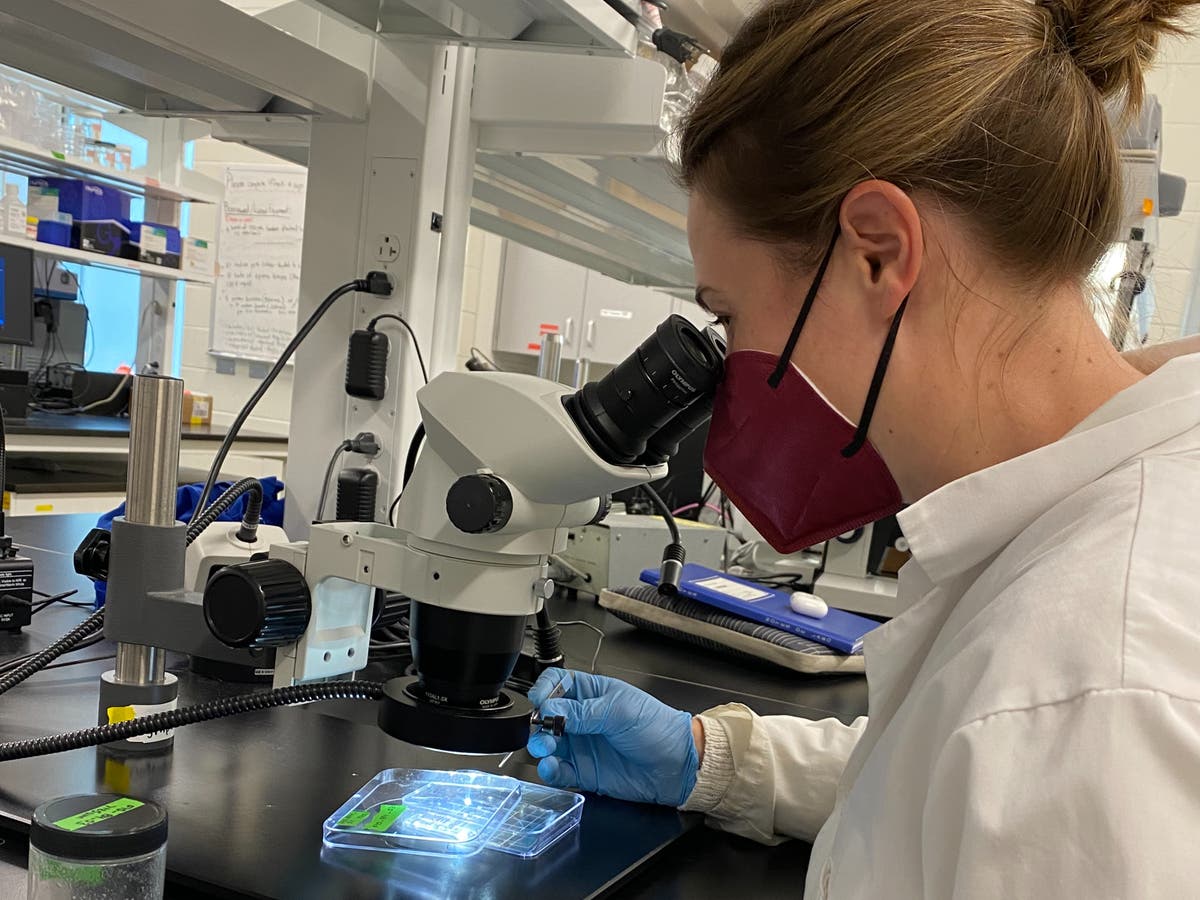Land-based protein sources like chicken, beef, pork and tofu contain as many microplastics as fishes, study finds
Microplastics have been found in nearly 90 per cent of sources of proteins, including meat and plant-based, according to a new study that serves as a startling reminder of how prolific plastic pollution has become.
While the presence of microplastics in commercial fish and shellfish has been known for long, there has been little research into terrestrial protein sources like beef and chicken that make up a large part of the Western diet.
A team of researchers studied samples from 16 different protein types destined for American consumers, including seafood, pork, beef, chicken, tofu, and three different plant-based meat alternatives. They found microplastic particles in 88 per cent of protein food samples tested.



I’m sure our governments and food manufacturers are hard at work addressing this critical issue. /s
deleted by creator
From limited understanding, it causes inflammation as your body reacts to any amount of stimulis.
And since we cant digest them, our bodies try to fight it, causing inflammation
You may as well consider it the lead of the 21st century.
Children in 3045 will be mockingly deriding us in history class for how flippant we were about plastics.
Bold of you to assume there will be a 3045 for the human race.
Oh, easy, we are functional cockroaches of survival.
Maybe we will be a different species by that point, but our descendants are still in many ways us.
Decent point but I also wouldn’t put it past us to completely extinct ourselves one day.
the diversity of microplastics is enormous
most of it is from the plastic that they wrao bread in because they feed it to animals as is
Or from tires, as they shred and grind themselves into a fine plastic compound so light it floats in the breeze off roadways.
Yes it’s not good, but research is lacking.
https://pubmed.ncbi.nlm.nih.gov/35065936/
https://pubmed.ncbi.nlm.nih.gov/34185251/
Given my druthers, I would rather not find out the hard way.